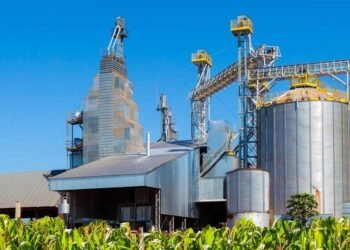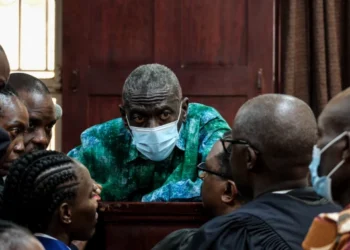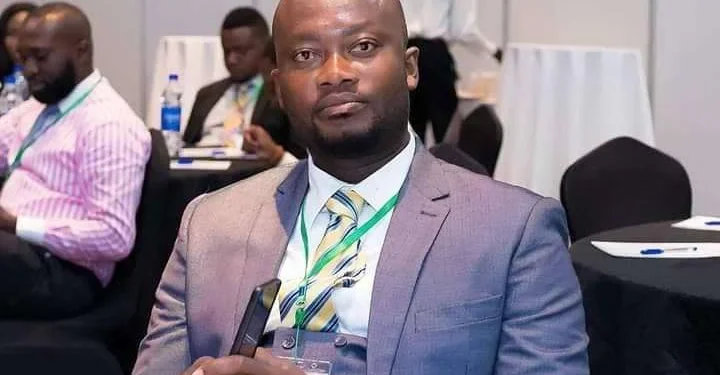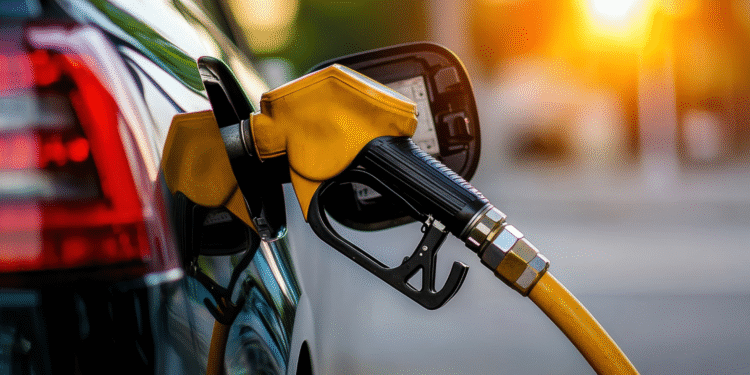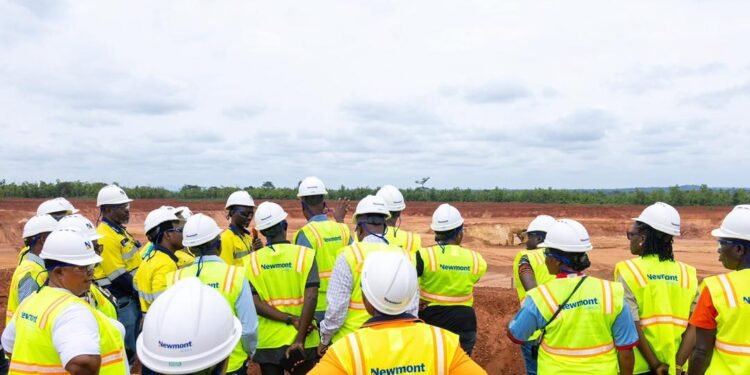Guinea has officially declared an Ebola epidemic after three people died and four others tested positive for the virus in the southeast of the country.
The seven people fell ill with diarrhoea, vomiting and bleeding after attending a burial in Goueke, near the Liberian border. The Guinean Health Ministry said in a statement that the infected patients have been isolated in treatment centres.
“Faced with this situation and in accordance with international health regulations, the Guinean government declares an Ebola epidemic.”
Guinea Health Ministry
National Health Security Agency Chief, Sakoba Keita revealed to reporters that one of the victims was a nurse who fell ill in late January and was buried on February 1.
“Some people who took part in this funeral began to have symptoms of diarrhoea, vomiting, bleeding and fever a few days later.”
Sakabo Keita
Dr Yuma Taido of the International Federation of Red Cross and Red Crescent Societies added that it was not clear how people had come into contact with the virus.
“We are preparing to manage the outbreak. We can’t explain yet how this epidemic came about. The response team are heading to the epicentre of the outbreak.”
Dr Taido
Guinea’s Health Minister Remy Lamah posited that officials were “really concerned” about the deaths, the first since a 2013-2016 epidemic which began in Guinea and left 11,300 dead across West Africa. The vast majority of cases were in Guinea, Liberia and Sierra Leone.

Officials have also noted that fighting Ebola again will place additional strain on health services in Guinea, which is battling the coronavirus pandemic. The country of some 12 million has so far recorded 14,895 coronavirus infections and 84 deaths.
The Ebola virus causes severe vomiting and diarrhoea and is spread through contact with body fluids. It has a much higher death rate than COVID-19, but unlike coronavirus it is not transmitted by asymptomatic carriers.
A second round of tests is being carried out to confirm the latest Ebola diagnosis and health workers are working to trace and isolate the contacts of the cases, state health agency ANSS said.
Commenting on the outbreak, WHO’s Regional Director for Africa, Matshidiso Moeti has intimated that the agency is “ramping up readiness & response efforts to this potential resurgence of Ebola in West Africa, a region which suffered so much from Ebola in 2014.”
WHO chief Tedros Adhanom Ghebreyesus also tweeted the agency had been informed of suspected cases of the deadly disease in Guinea.
“Confirmatory testing under way,” the tweet said, adding the WHO’s regional and country offices were “supporting readiness and response efforts”.
Dr Ghebreyesus
Meanwhile in neighbouring Liberia, President George Weah has put his country’s health authorities on heightened alert.
A statement released by his office stated that the President “has mandated the Liberian health authorities and related stakeholders in the sector to heighten the country’s surveillance and preventative activities in the wake of reports of the emergence of the deadly Ebola virus disease in neighbouring Guinea.”
Notwithstanding, the Vaccine Alliance Gavi has announced that the 2013-2016 outbreak sped up the development of the vaccine against Ebola, with a global emergency stockpile of 500,000 doses planned to respond quickly to future outbreaks.
Read Also: Congo Battles Ebola Outbreak Amidst Measles and COVID-19




